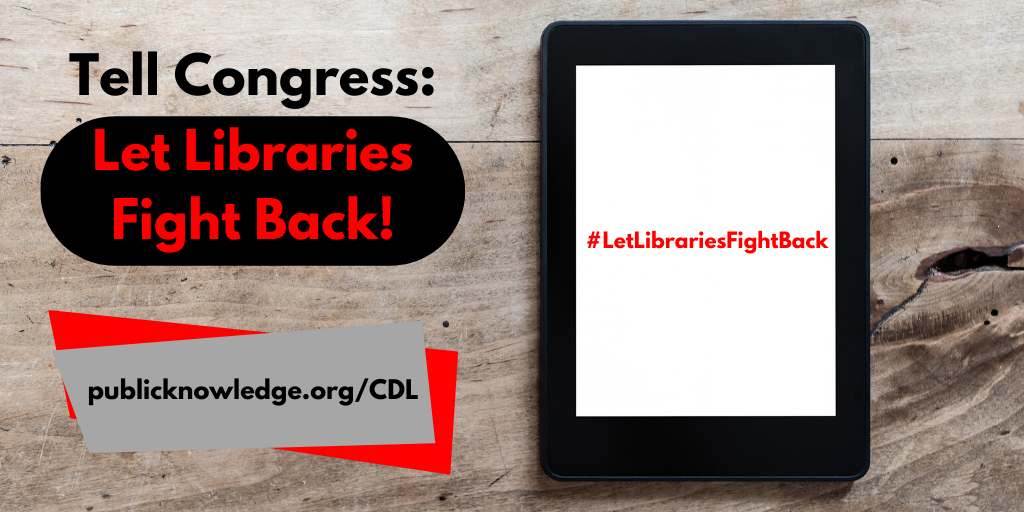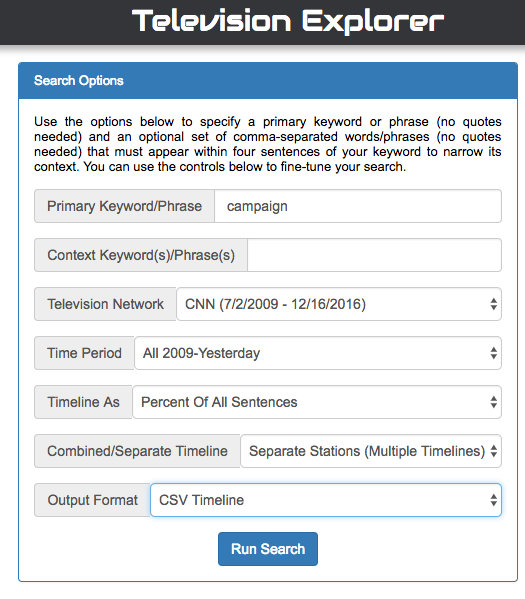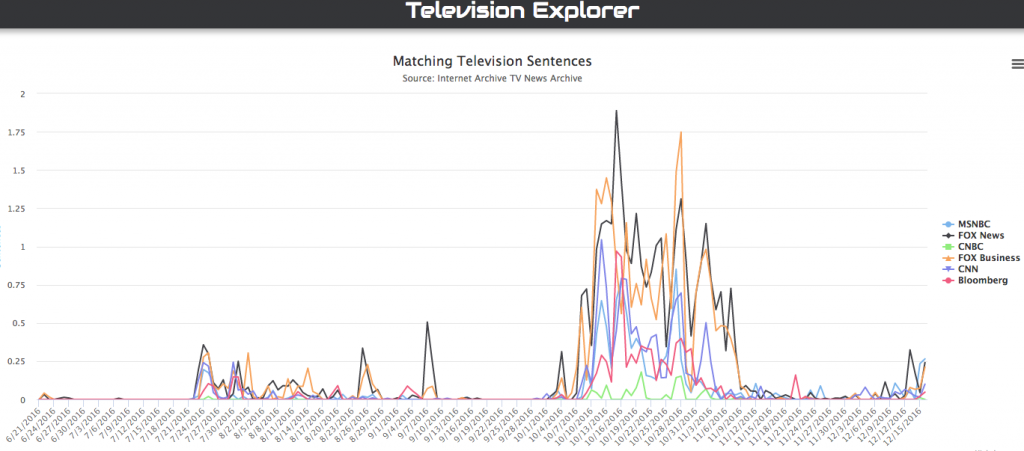
This month, Public Knowledge, a major public interest group promoting an open internet, launched a new campaign: Tell Congress to Let Libraries Fight Back.
Fight back against what? you may be wondering.
Put simply, the campaign asks Congress to clarify libraries’ right to buy and lend books today as they have done for centuries.
Today, amidst a skyrocketing demand for digital books, many books are not available on digital shelves at any price because there are no commercially available digital versions of older titles. This gap limits how libraries can serve their patrons.
“Many libraries are currently closed, and sadly it looks like they may be for months to come,” said John Bergmayer, Legal Director of Public Knowledge. “We need to make sure that libraries can continue serving their communities, not just during the pandemic, but after, as tightened budgets put the squeeze on library services and limit the scope of their collections.”
Filling the Gap with Controlled Digital Lending
Libraries have begun making and lending out digital versions of physical works in their collections based on current legal protections—a practice called Controlled Digital Lending, or CDL. As Public Knowledge’s Let Libraries Fight Back campaign explains:
CDL is a powerful tool to bridge the gap between print and electronic resources. Under CDL, a digital copy of a physical book can only be read and used by one person at a time. Only one person can “borrow” an electronic book at once, and while it is being lent electronically, the library takes the physical book out of circulation.
CDL allows libraries to reach their patrons even when those patrons can’t make it to the physical library — a problem that’s been more prevalent than ever during the pandemic. Without programs like this, library patrons are prevented from accessing a world of content and information — and low-income, rural, and other marginalized communities are hit the hardest.
However, Public Knowledge acknowledges that the challenge extends beyond print materials. “Controlled Digital Lending makes it so that a library’s existing print collection is more useful, and can be accessed remotely,” explained Bergmayer. “But we also need to make sure that libraries can acquire digital-native books and other media under the same terms they have always operated under.”
Learn More
Public Knowledge believes a true solution may take Congressional action, so they are calling upon the public to tell Congress to ensure that libraries are free to buy ebooks and other electronic materials and lend them out, just as they can with physical media.
Learn how you can support pro-library policies with Public Knowledge’s Let Libraries Fight Back Campaign.

